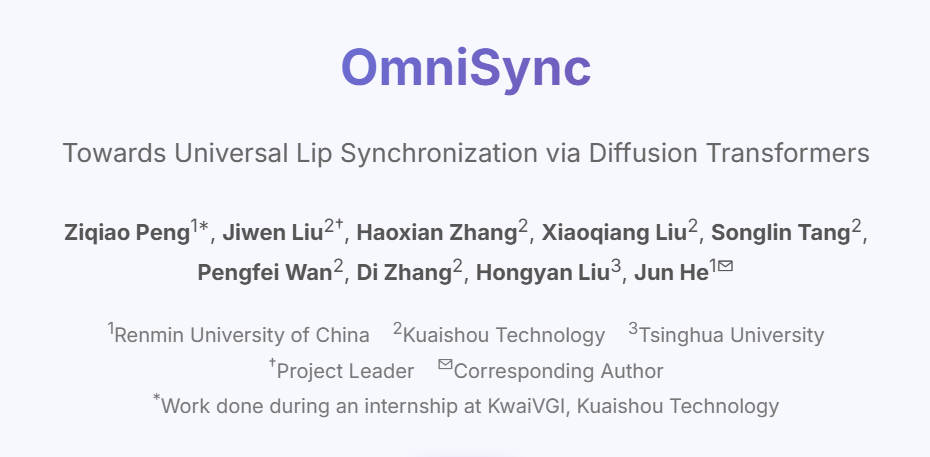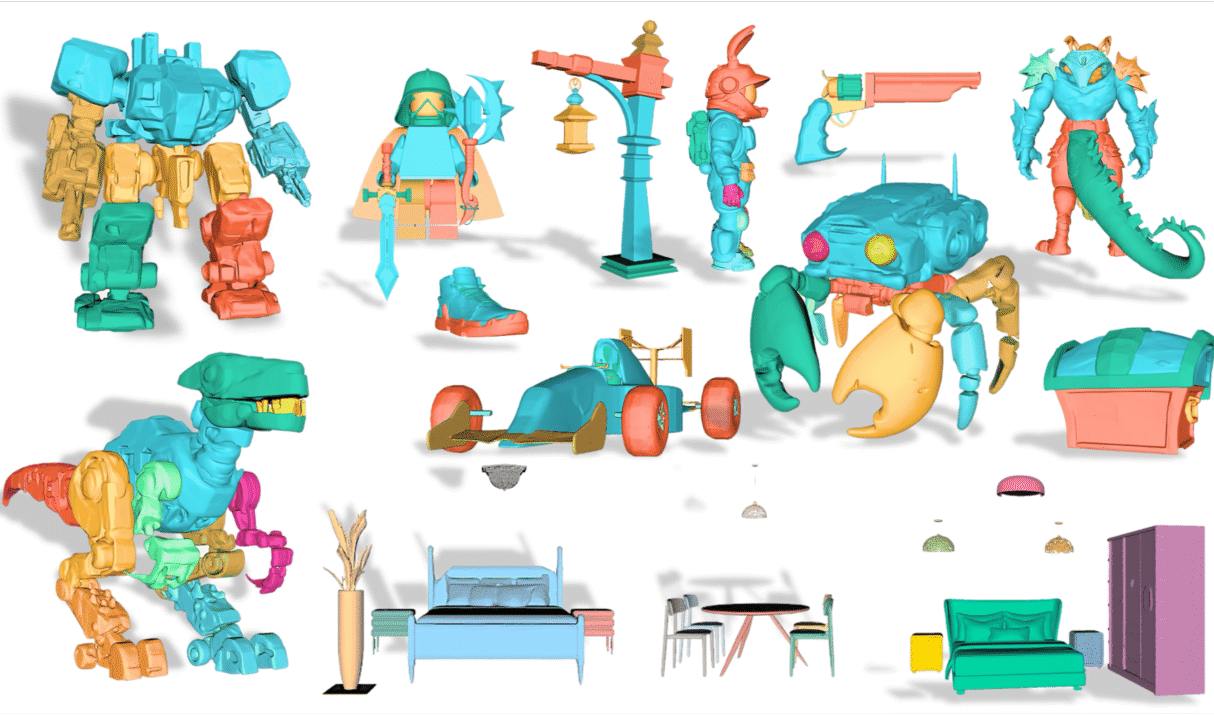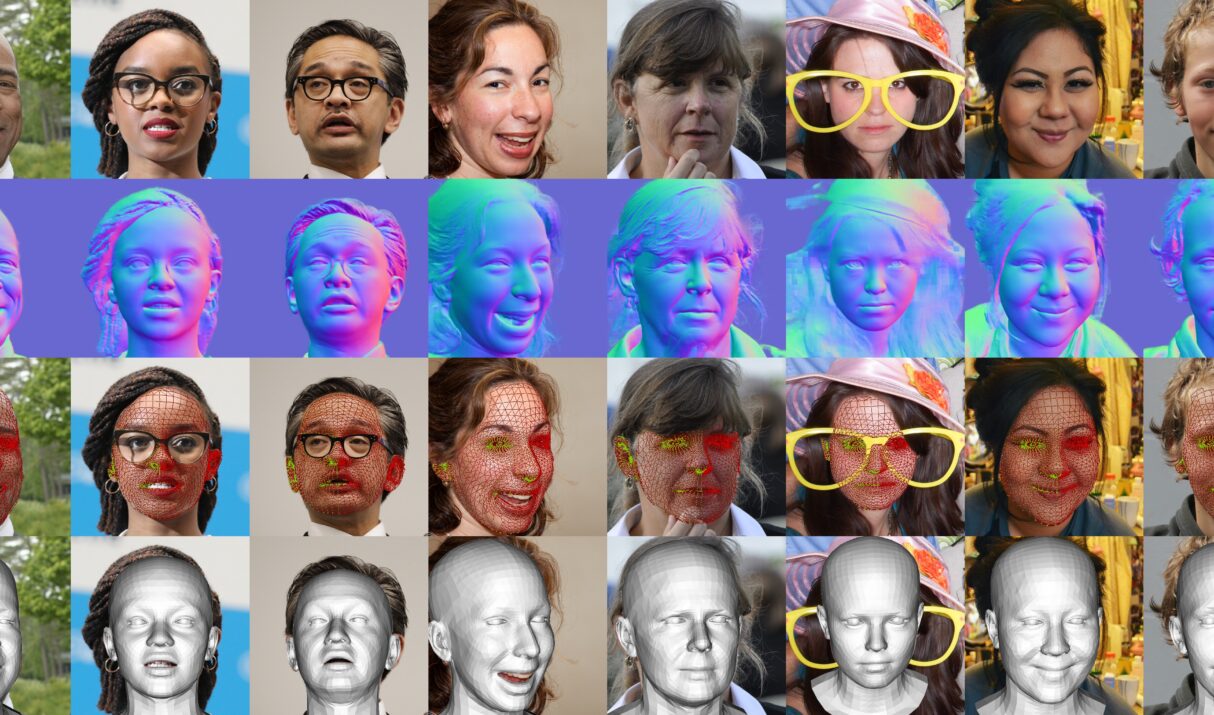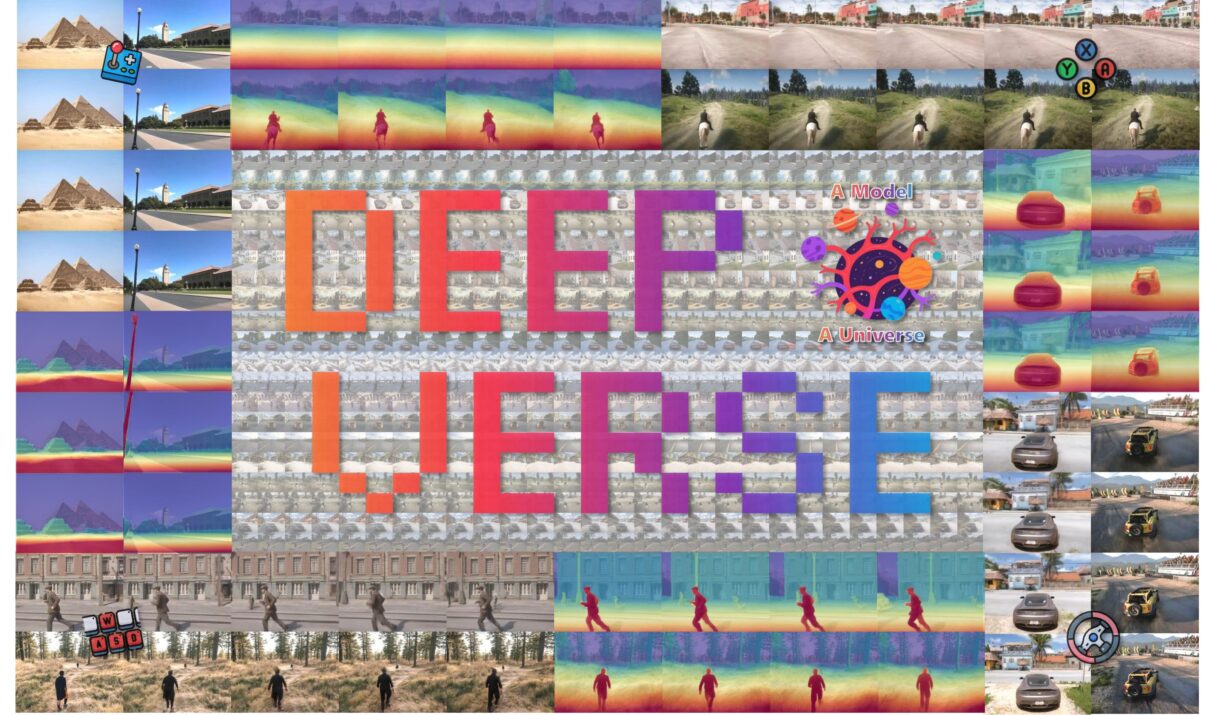🎬 Introduction In the realm of video content creation, achieving seamless lip synchronization—where a speaker’s lip movements align perfectly with their speech audio—is paramount for realism and immersion. Traditional methods often rely on reference frames and masked-frame inpainting, which can struggle with challenges like identity consistency, pose variations, facial occlusions, and stylized content. Moreover, audio
🧠 Introduction: The Evolution of 3D Mesh Generation The realm of 3D modeling has witnessed significant advancements over the past few years, transitioning from manual, labor-intensive processes to more automated and intelligent systems. Traditional methods of 3D mesh generation often involved complex workflows, including manual segmentation, meshing, and texturing. These processes were not only time-consuming
Fish-Speech stands as a pioneering force in the realm of Text-to-Speech (TTS) technology. Developed by Fish Audio, this open-source model offers unparalleled voice synthesis capabilities, setting new benchmarks for realism, multilingual support, and customization. 🎤 Introduction Fish-Speech is an advanced TTS model that leverages large-scale training data and innovative architectures to produce human-like, expressive speech.
In the realm of computer vision, reconstructing a 3D face model from a single 2D image has long been a formidable challenge. Traditional methods often struggle with issues like occlusions, varying lighting conditions, and diverse facial expressions. However, a groundbreaking approach known as Pixel3DMM has emerged, offering a significant leap forward in this domain. 🔍
Explore the cutting-edge framework that revolutionizes talking portrait generation by seamlessly blending audio, video, and text inputs to create lifelike, high-fidelity talking head videos with unparalleled temporal consistency and control. 🎥 Introduction: The Future of Talking Portrait Generation Creating realistic talking portraits that perfectly synchronize lip movements with audio has been a long-standing challenge in
🧠 Conceptualization and Design The inception of DeepVerse stemmed from the need to bridge the gap between static game environments and dynamic, interactive worlds. Traditional game development often relies on predefined scripts and assets, limiting the adaptability and immersion of the gaming experience. To address this, we envisioned a system capable of generating game worlds





